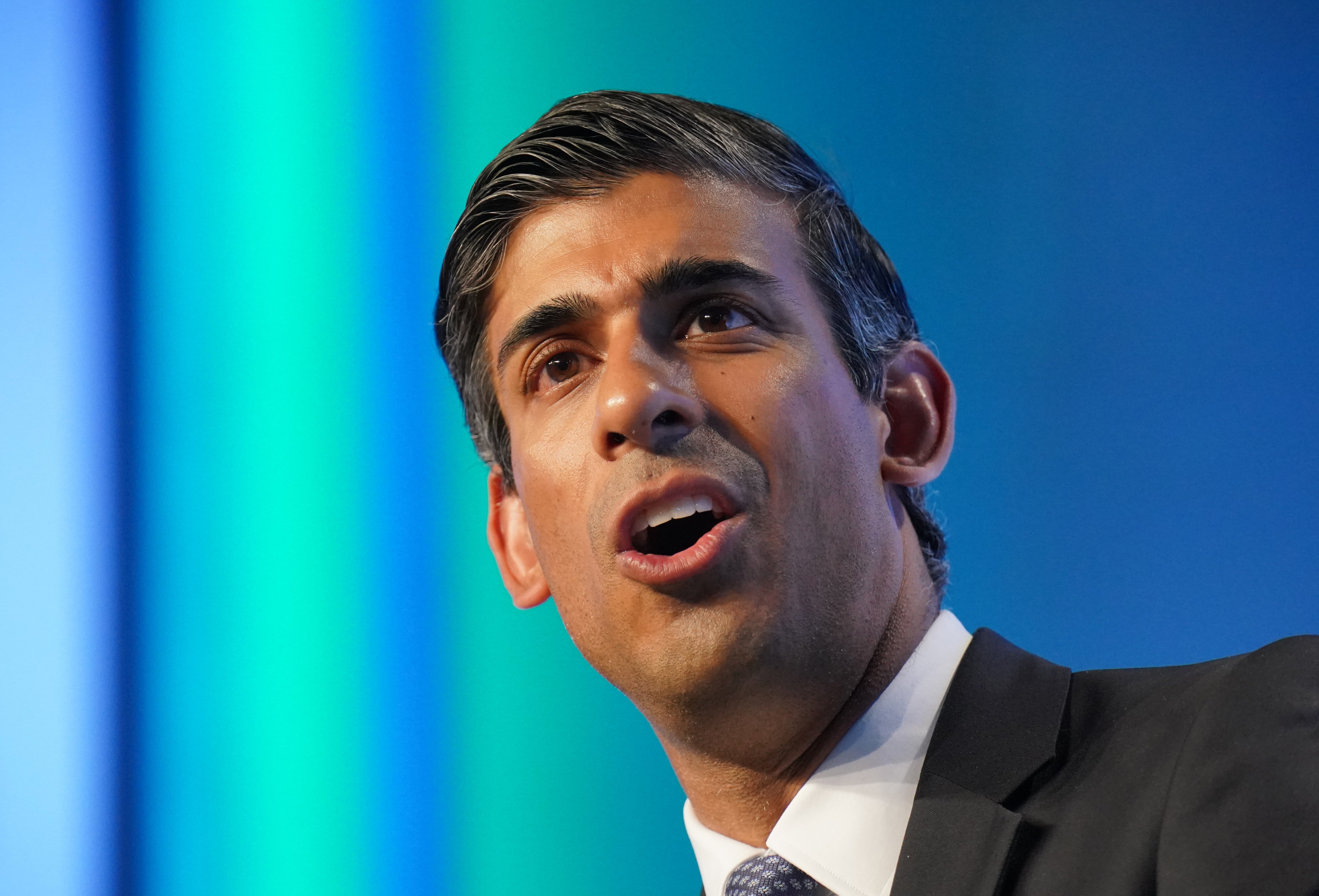The trouble with talking about tax cuts in a cost of living crisis
Sky high inflation makes tax cuts difficult for the government to countenance in the near term. But demographic changes will make them even harder to countenance in two or three years, writes James Moore


Tax is going to be taxing for everyone for at least the next couple of years, according to the likes of Michael Gove and Rishi Sunak. In a cabinet of dim bulbs, they are two of the brighter lights in terms of brain power, as their recent comments have suggested.
Here’s why: one of the problems with cutting tax when inflation is heading off into the stratosphere is that you end up making the Bank of England’s job an awful lot harder at a time when its Monetary Policy Committee is already faced with a menu reading “no good choices” when it sits down to meet.
Loosening fiscal policy when you’re tightening monetary policy reads “worst possible choice” because it’s a zero sum game. You end up pushing interest rates higher and/or prolonging the pain of high inflation. Nobody wins. But tax cuts further on out become a whole lot more difficult when one starts to consider the demographic bind Britain is in.
Gove and Sunak have also talked about “sound public finances” – remember them? If you want sound public finances, which in classical Tory thinking means more or less balancing the books, then cutting taxes is not something you should be talking about at all over the next decade.
The challenges posed by Britain’s “demographic time bomb” have been known for years. New estimates are published in reports every year. What unites them is that they all look awful.
The most recent reference to this came last week from the Resolution Foundation. Its report was actually focused on the dramatic changes to the labour force we’re going to see over the next decade or so. This will come as a result of the mass retirement of baby boomers and their replacement by a substantial cohort of younger workers from the post-millennial baby boom.
Lots of younger workers can be a very good thing. They tend to be adaptable and are typically willing to switch jobs, and even careers, regularly. They’re the sort of people new and fast-growing firms, and industries, need. So reasons to be cheerful! However, we also know that the retiring boomers are going to spend much longer in retirement than their parents did because they’re going to live longer.
As a result, the government is going to have to find £52bn extra to fund something like an adequate health service by 2030-31 compared to the 2022-23 level. It’s also going to need £24bn to cover the projected increase in state pension spending.
The age at which people qualify for the latter is, of course, rising. Laurence O’Brien, a research economist at the Institute for Fiscal Studies, calls that a “coherent government response” to increasing life expectancy. The non-partisan financial think tank will today publish a report on the implications of the policy, one of which is that increasing the retirement age to 66 boosted the public finances to the tune of £4.9bn a year.
But there’s a very nasty sting in the tail from the policy, which demonstrates that ministers are sometimes also left picking from a menu that reads “no good choices”. The IFS says increasing the state pension age from 65 to 66 has led to the more than doubling of income poverty rates among 65-year-olds. This isn’t terribly surprising given that they will have missed out on state pension income of £142 per week on average.
Hurting older demographics like this is, obviously, a dangerous game for a Tory government to be playing given that is where its support is overwhelmingly concentrated.
“What this research tells us is that further increases in the state pension age must be accompanied with a holistic review of how our social security system supports us as we age, and how to mitigate the hardship awaiting those whose ability to work is compromised in the years before they reach pension eligibility,” said Emily Andrews, deputy director for work at the Centre for Ageing Better.
Yes indeed. But, needless to say, that would require carefully thought out and informed long-term policymaking. Something the current government is truly terrible at.
Back to tax: all this does is rather demonstrate how tightly tied the hands of the current, let alone future, government are with respect to fiscal policy. True, people have been talking about demographic time bombs almost for as long as I’ve been in journalism.
But one does rather get the impression that this one is about to burst, that not enough attention is being paid to it, and that current political debates are all but completely ignoring it as the approaching iceberg picks up speed.






Join our commenting forum
Join thought-provoking conversations, follow other Independent readers and see their replies
Comments